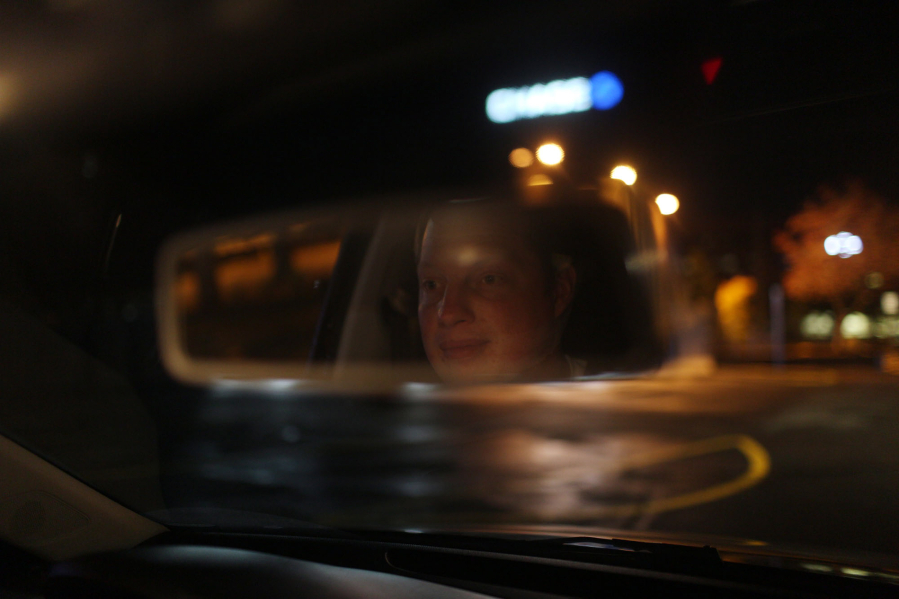Chelsey Lensing and Dane Campbell are sort of professional multitaskers.
Both are teachers in east Vancouver who have cobbled together extra cash by working outside of their main jobs. Lensing, 26, teaches French at Heritage High School but has worked at restaurants part time and recently acquired her real estate license. Campbell, 27, works with disabled students at Evergreen High School and has moonlighted in restaurants, as well.
But the couple recently turned a spare room into extra income via Airbnb, joining the growing number of people who earn money by offering rides, rooms and other services on demand. The jobs, with nebulous work hours and wages, have been called the “gig economy,” and a new study says they are growing as rapidly here as it is in other urban centers across the country.
“I didn’t think, initially, it would be worth it,” Lensing said, adding that she and Campbell spent about $400 sprucing up the room. “It sounded like a lot of work. And even people I have talked to since have reacted with hesitation, like ‘You let people into your home?’ … But within the first month it had more than paid for itself.”
Their own bosses
The study from the Metropolitan Policy Program at the Brookings Institution contends that the gig economy is ballooning. Its authors warn against calling the study definitive, but they chart a little-known data set from the U.S. Census Bureau that they believe correlates with rise of Uber, Lyft, Airbnb and other platforms.




